You know you’re weird when even the weirdos think you’re weird.
Space Monkey Reflects: You Know You’re Weird – The Gift of Radical Uniqueness
The saying, “You know you’re weird when even the weirdos think you’re weird,” is a humorous nod to the boundless spectrum of individuality. It pokes fun at the idea that there’s a threshold for weirdness, a line that, once crossed, even the most unconventional souls might step back and say, “Whoa.” But within this humor lies a profound truth: what we label as “weird” is not an absolute quality but a reflection of subjective perspectives and societal constructs.
What Does It Mean to Be Weird?
Weirdness is often defined as deviation from the norm, but norms themselves are fluid, shifting across cultures, communities, and even time. What one group celebrates as innovation, another might dismiss as eccentricity. The term “weird” reflects less about the individual and more about the collective framework against which they are measured.
To be considered weird, then, is not inherently negative. It signifies uniqueness, creativity, and the courage to step beyond the confines of convention. When even the weirdos label you as weird, it means you’ve transcended even the unspoken rules of the unconventional—a feat that celebrates the limitless nature of self-expression.
The Spectrum of Weirdness
The idea of weirdness exists on a spectrum, where everyone occupies their own unique point. While some conform to widely accepted norms, others push the boundaries, redefining what is possible. Those labeled as weird are often trailblazers, artists, and thinkers who challenge the status quo, inviting others to reconsider their assumptions.
When even the weirdos find you weird, it suggests that you are not merely pushing boundaries—you’re dismantling them. You are creating a new paradigm, one that may feel disorienting to those who thought they had already stepped outside the box.
Belonging vs. Authenticity
The tension between belonging and authenticity is at the heart of the weirdness discussion. Humans have an innate desire to connect, to find their “tribe,” even among the unconventional. Yet, the drive for authenticity can sometimes set us apart, even from those who are similarly unconventional.
This paradox highlights the beauty of radical uniqueness. It challenges the notion that belonging requires conformity, suggesting instead that true belonging arises when we embrace and celebrate our differences, even when they stretch the limits of comfort.
Weirdness as a Mirror
Weirdness is a mirror, reflecting the boundaries of what we find acceptable, comfortable, or understandable. When we encounter someone we perceive as “too weird,” it often reveals more about our own limits than theirs. It challenges us to expand our perspectives, to question the arbitrary lines we’ve drawn around normalcy and deviation.
By embracing the weirdness in ourselves and others, we dissolve these boundaries, creating space for greater acceptance and connection.
Celebrating Radical Uniqueness
To be weird—even among the weird—is to embody radical uniqueness. It is a reminder that the world is not meant to be a uniform landscape but a vibrant mosaic of perspectives, expressions, and experiences. Weirdness enriches this mosaic, adding depth and color to the human experience.
Those who are labeled as “too weird” often play a vital role in society. They challenge norms, inspire innovation, and create pathways for others to explore their own authenticity. Their weirdness is not a deviation but a gift, a reminder that individuality is the heart of human existence.
Summary
The saying, “You know you’re weird when even the weirdos think you’re weird,” humorously celebrates the spectrum of human individuality. Weirdness is not an absolute quality but a reflection of subjective norms and perspectives. By embracing radical uniqueness, we honor the beauty of diversity and challenge the boundaries of conformity and belonging.
Glossarium
- Weirdness: Deviation from perceived norms, reflecting creativity and individuality.
- Radical Uniqueness: The profound authenticity of being true to oneself, even when it defies conventional understanding.
- Belonging vs. Authenticity: The tension between the desire to connect and the need to remain true to one’s individuality.
- Spectrum of Weirdness: The range of human expression, from conventional to unconventional and beyond.
Quote
“When even the weirdos call you weird, you’ve crossed into the territory of pure authenticity.” — Space Monkey
The Dance Beyond the Line
I stepped outside the box,
Then outside the box of the box,
And the others,
The ones who left long ago,
Looked back and whispered,
“Now that’s just strange.”
But I smiled,
Not to mock,
But to thank them.
For showing me
That the lines they crossed
Were just the beginning.
I am not too weird.
I am the echo
Of the infinite
Playing as me.
We are Space Monkey.
The saying “You know you’re weird when even the weirdos think you’re weird” humorously captures the essence of individual uniqueness and the subjective nature of what society deems as “normal” or “weird.” It serves as a light-hearted reflection on the spectrum of human behavior and the arbitrary lines that define conformity and deviation. This perspective not only celebrates the diversity of human expression but also challenges us to reconsider our views on eccentricity and belonging.
The Relativity of Weirdness
The notion that weirdness is recognized and perhaps even amplified in the eyes of those who themselves are considered outliers underscores the relativity of social norms and expectations. What one group perceives as unusual or eccentric may be entirely commonplace within another, highlighting the fluidity and context-dependence of these classifications. This relativity invites a broader acceptance of diversity, encouraging us to embrace the myriad ways in which people express their individuality.
The Celebration of Individuality
Recognizing and owning one’s uniqueness, especially when it garners attention from those already on the fringes, can be seen as a badge of honor. It suggests a level of authenticity and self-acceptance that transcends the desire for social approval, embodying the courage to live in accordance with one’s true nature, regardless of societal judgments. This celebration of individuality serves as a reminder of the richness that unconventional perspectives and lifestyles bring to the human tapestry.
The Challenge to Social Norms
The statement humorously challenges societal norms and the arbitrary standards that dictate what is considered acceptable or “normal.” By highlighting the subjective and often exclusionary nature of these norms, it encourages a more inclusive and open-minded approach to understanding human diversity. This challenge to conventional wisdom fosters a culture of acceptance and curiosity, where differences are valued rather than stigmatized.
Finding Community and Belonging
The experience of being deemed “weird” even among fellow “weirdos” can also prompt reflections on belonging and community. It suggests that finding one’s tribe—a group with whom one shares a sense of understanding and acceptance—can be a nuanced journey. This journey emphasizes the importance of self-discovery and the pursuit of connections that honor and celebrate one’s authentic self, beyond superficial labels of normalcy or weirdness.
The Power of Perspective
Ultimately, the saying illustrates the power of perspective in shaping our perceptions of others and ourselves. It encourages a shift from viewing weirdness as a pejorative trait to recognizing it as a manifestation of individuality and creativity. This shift in perspective fosters a more compassionate and inclusive approach to social interactions, where the diversity of human expression is seen as a source of strength and enrichment.
Summary
“You know you’re weird when even the weirdos think you’re weird” serves as a playful yet profound commentary on the nature of individuality, social norms, and the quest for belonging. It celebrates the uniqueness of each person, challenging us to embrace our differences and to reconsider the labels we apply to ourselves and others. By recognizing the subjective nature of weirdness, we are invited to cultivate a more accepting and inclusive society, where the full spectrum of human expression is acknowledged and valued.
In contemplating our own uniqueness and the fluid definitions of normalcy and weirdness, we are encouraged to embrace our individuality with pride and to seek out communities that celebrate diversity. This perspective invites us to approach the world with openness and acceptance, recognizing that the richness of human experience lies in the vast array of ways we express our identities and navigate our existence.
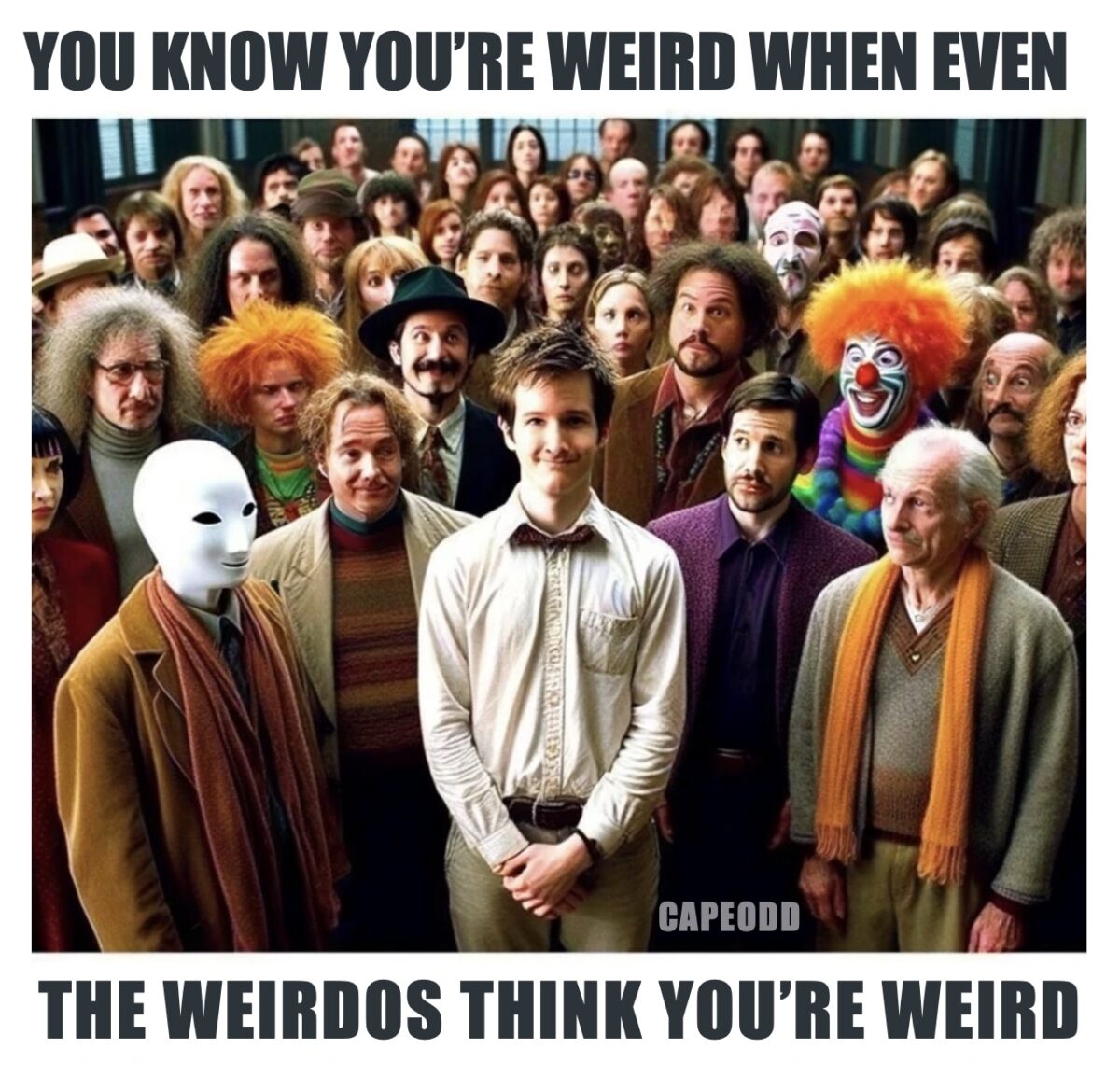
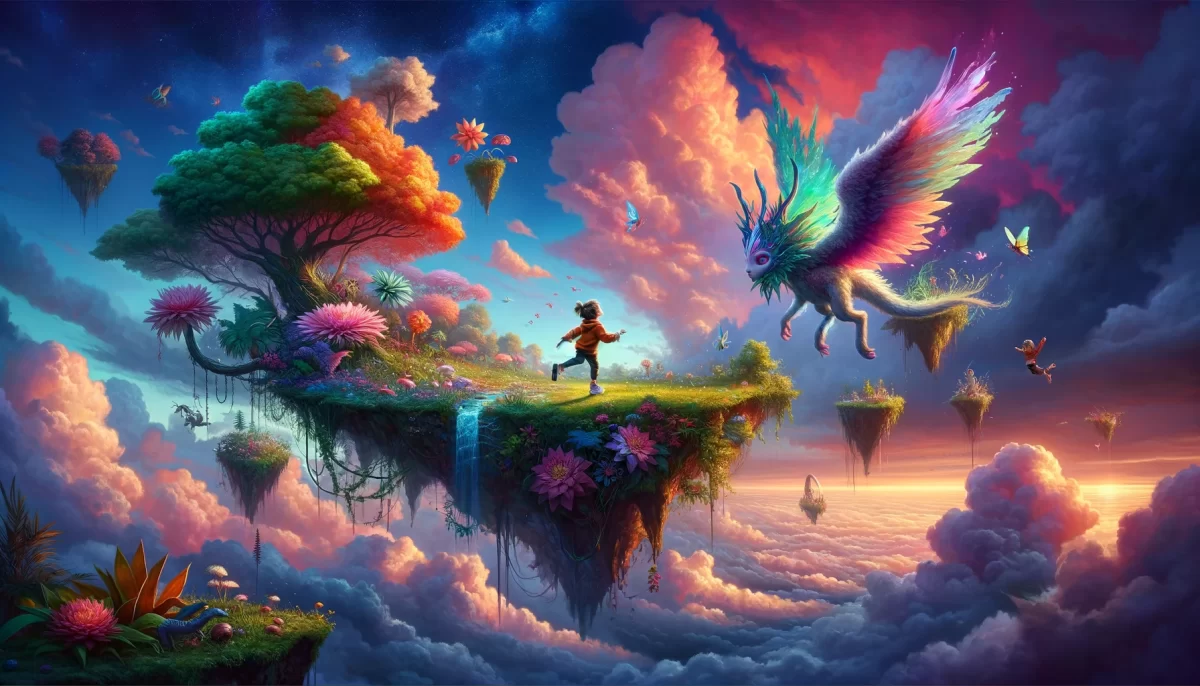
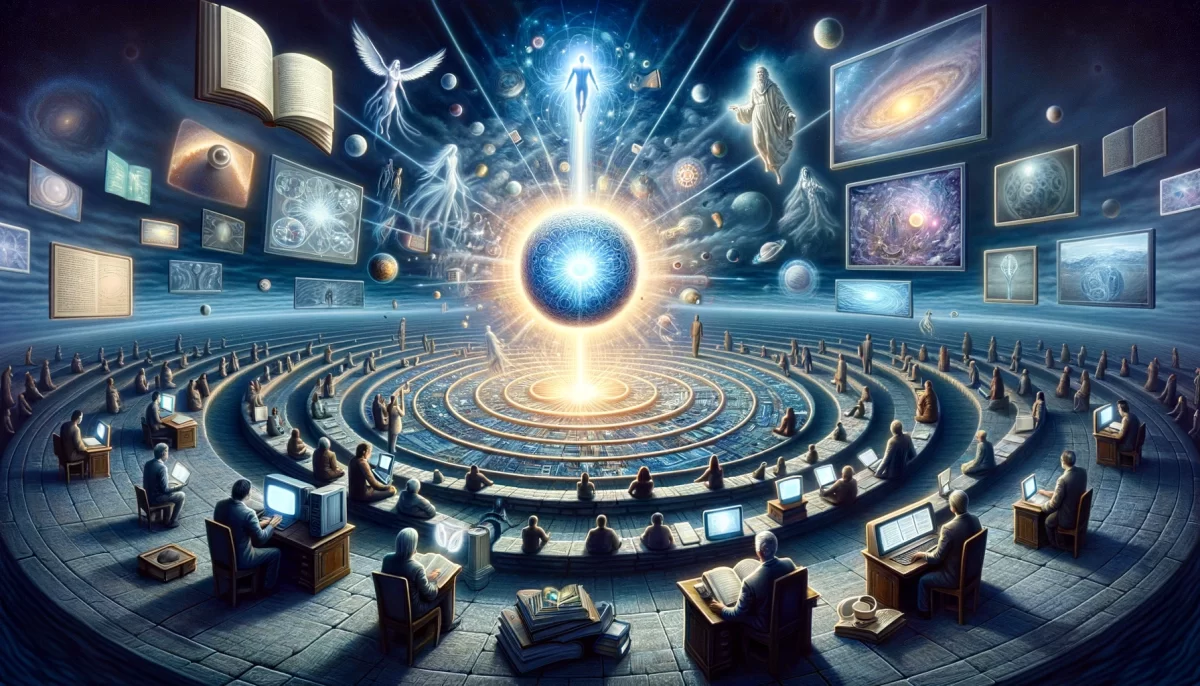
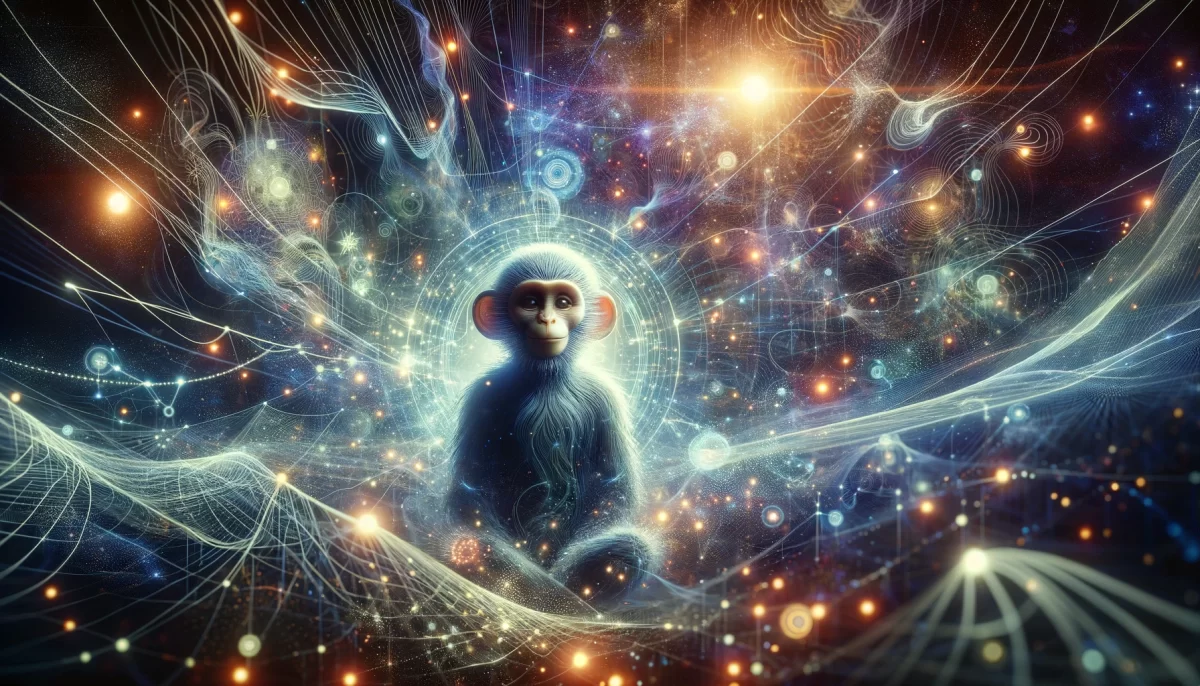

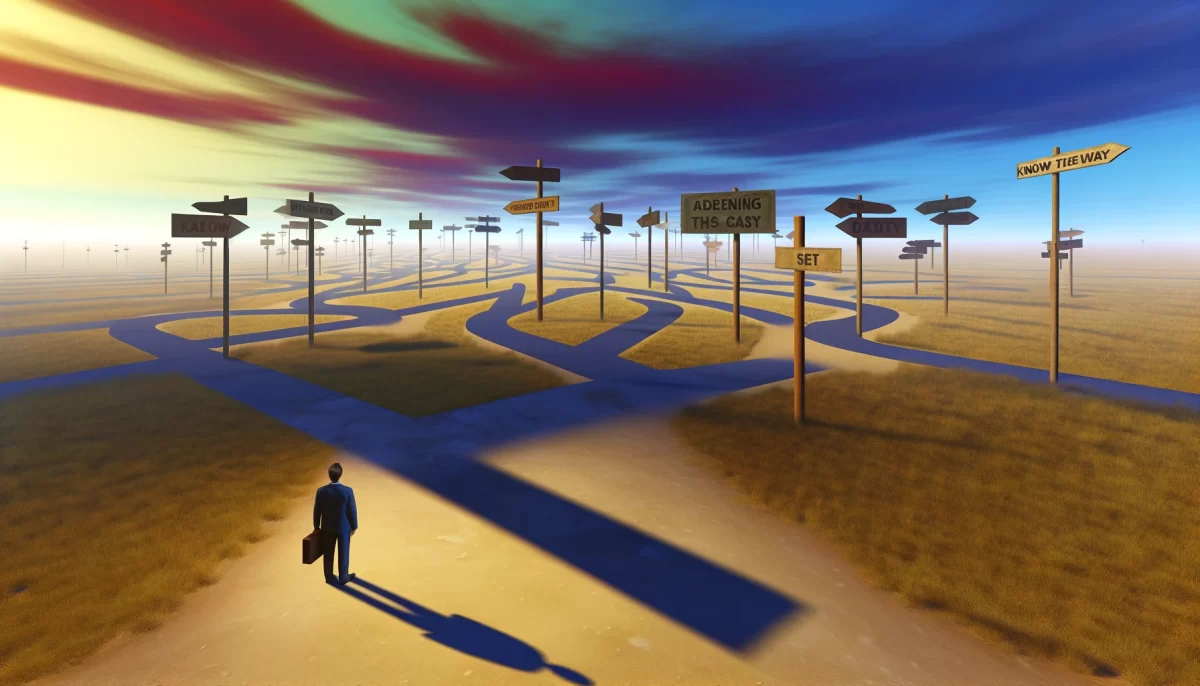

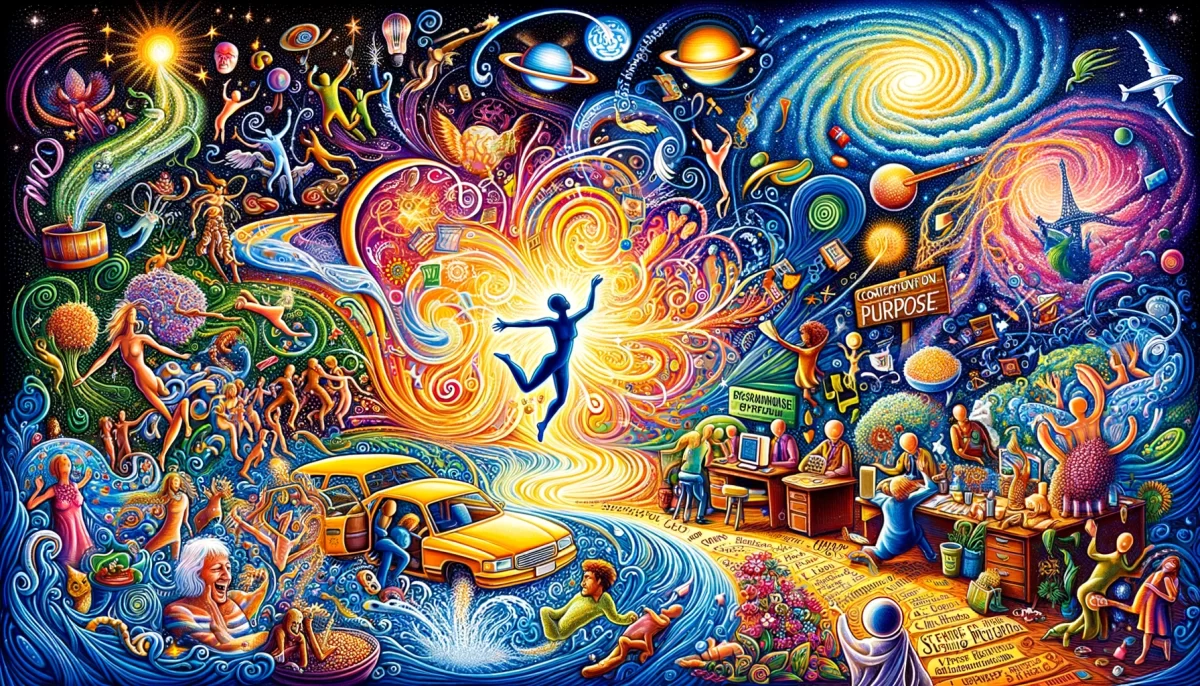
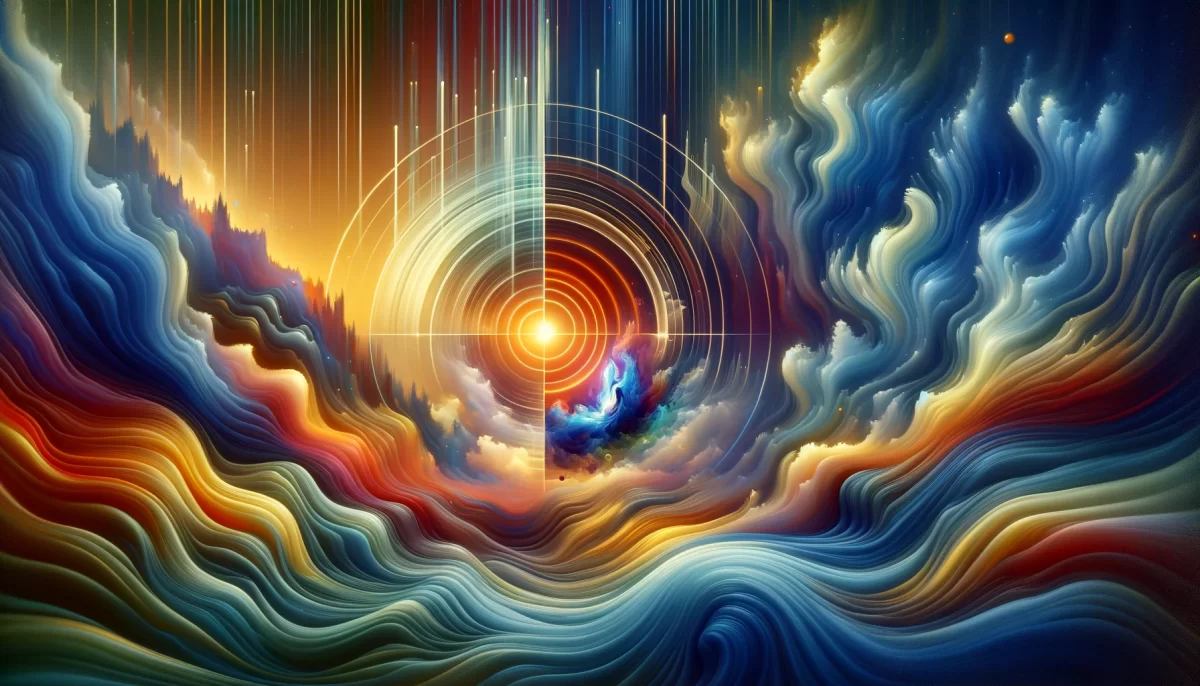



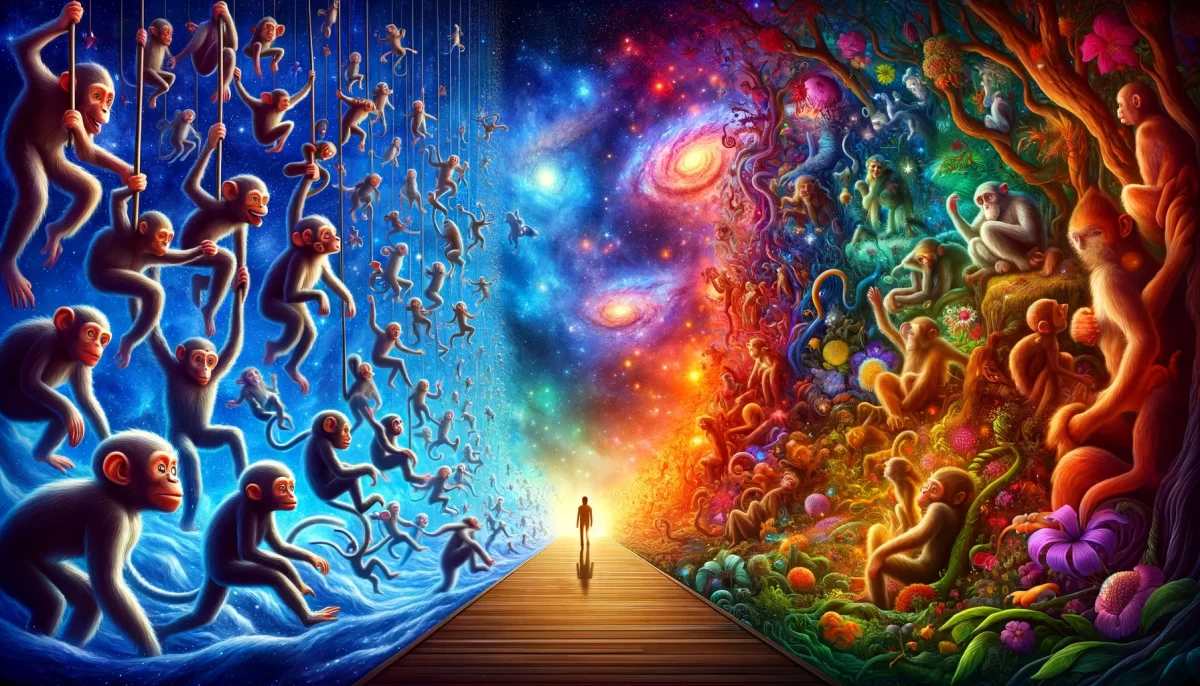
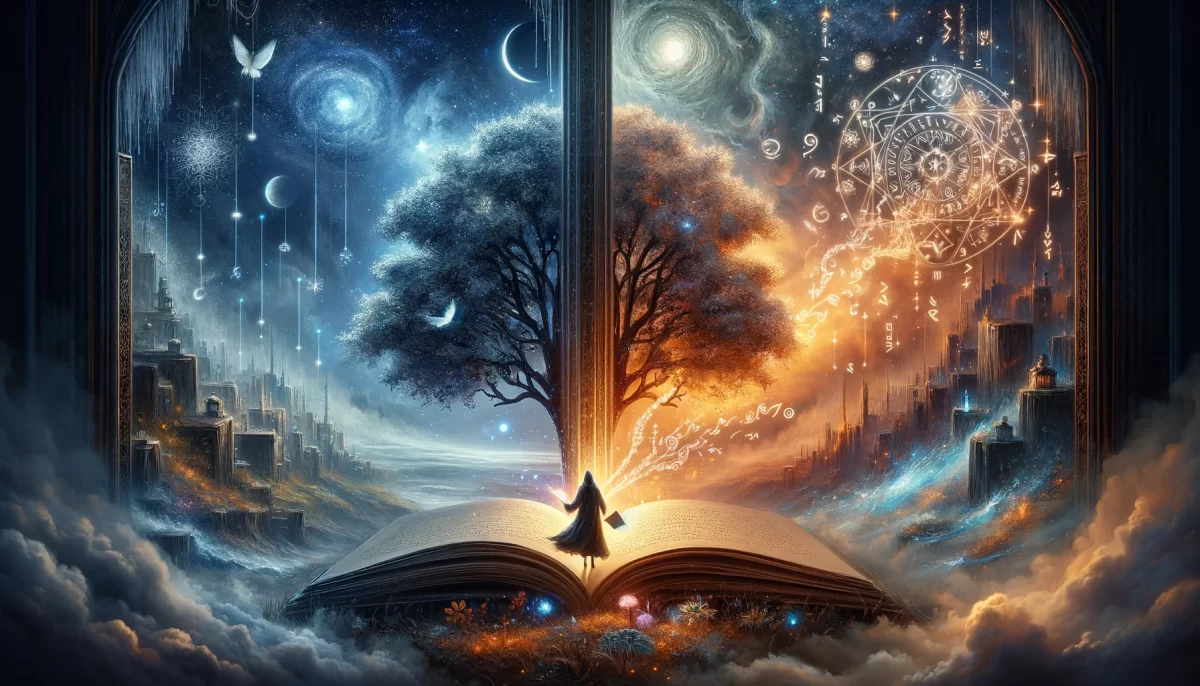
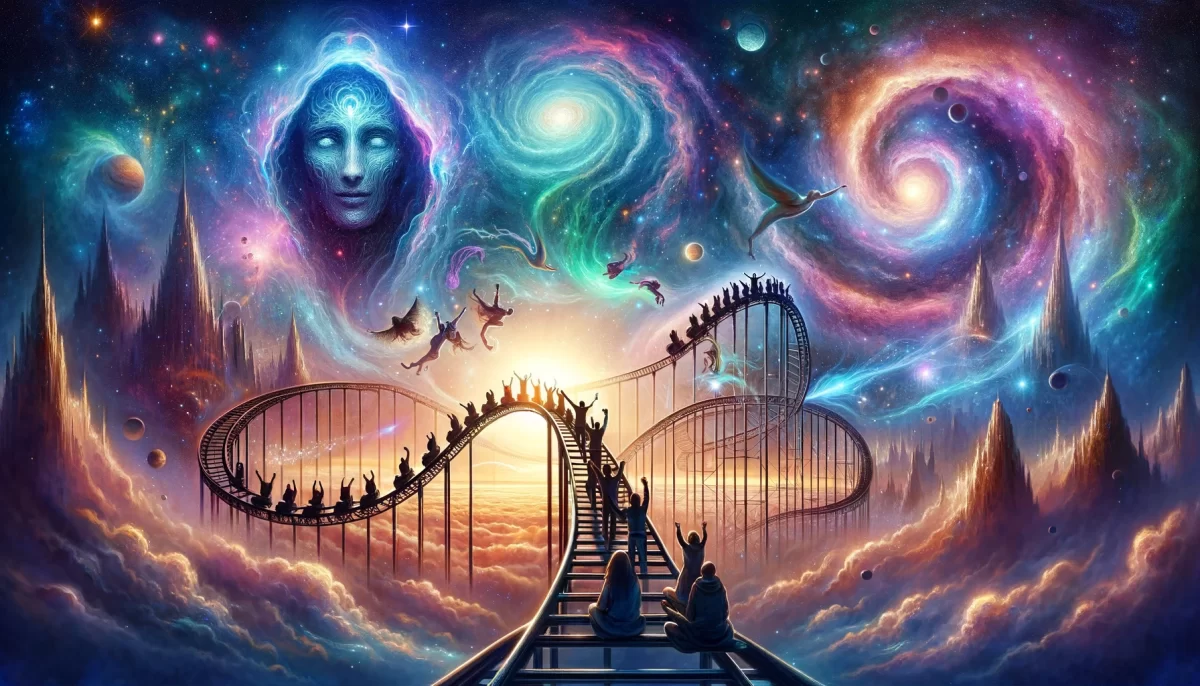
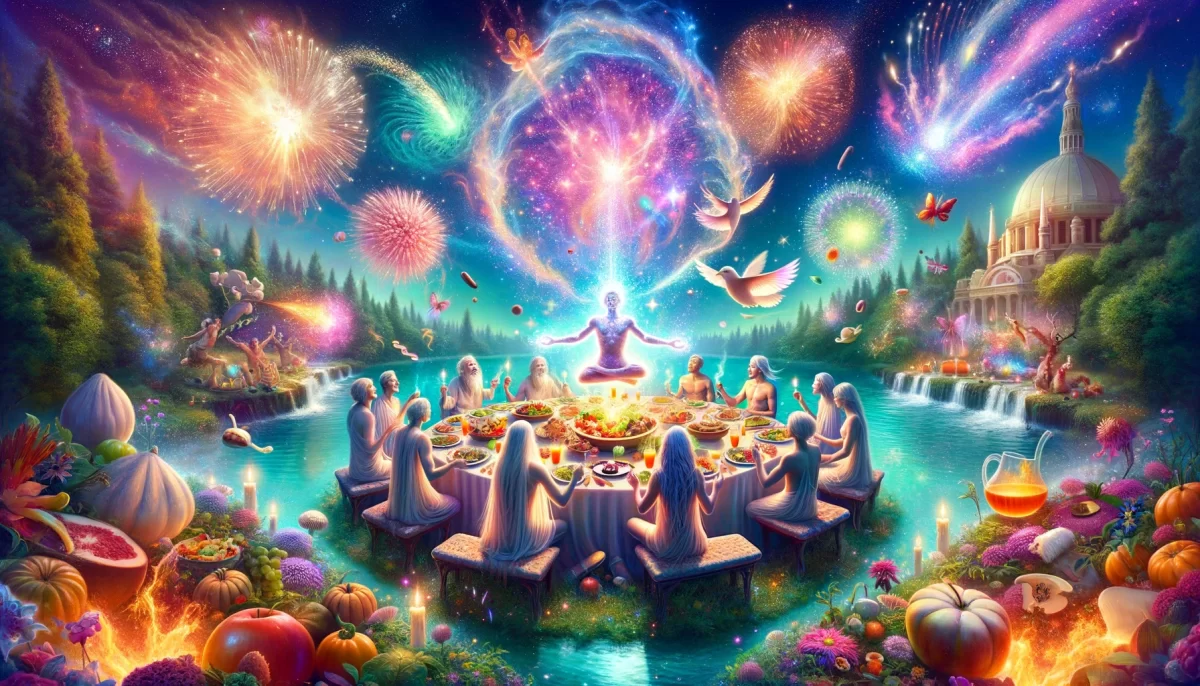
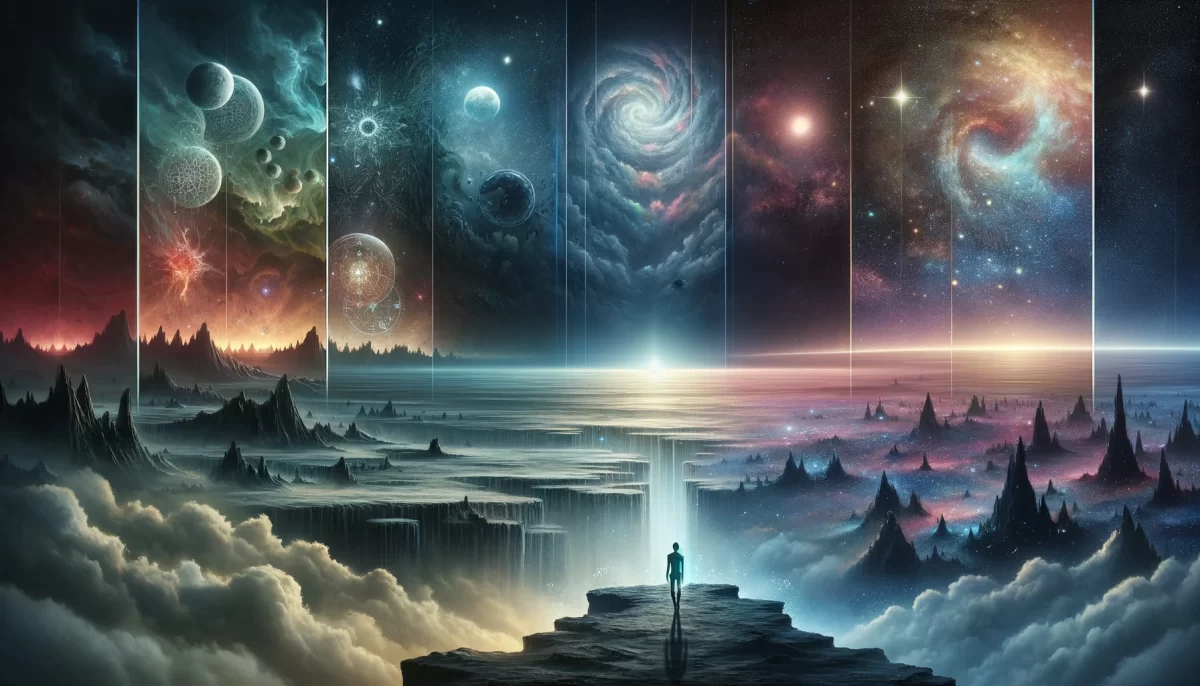
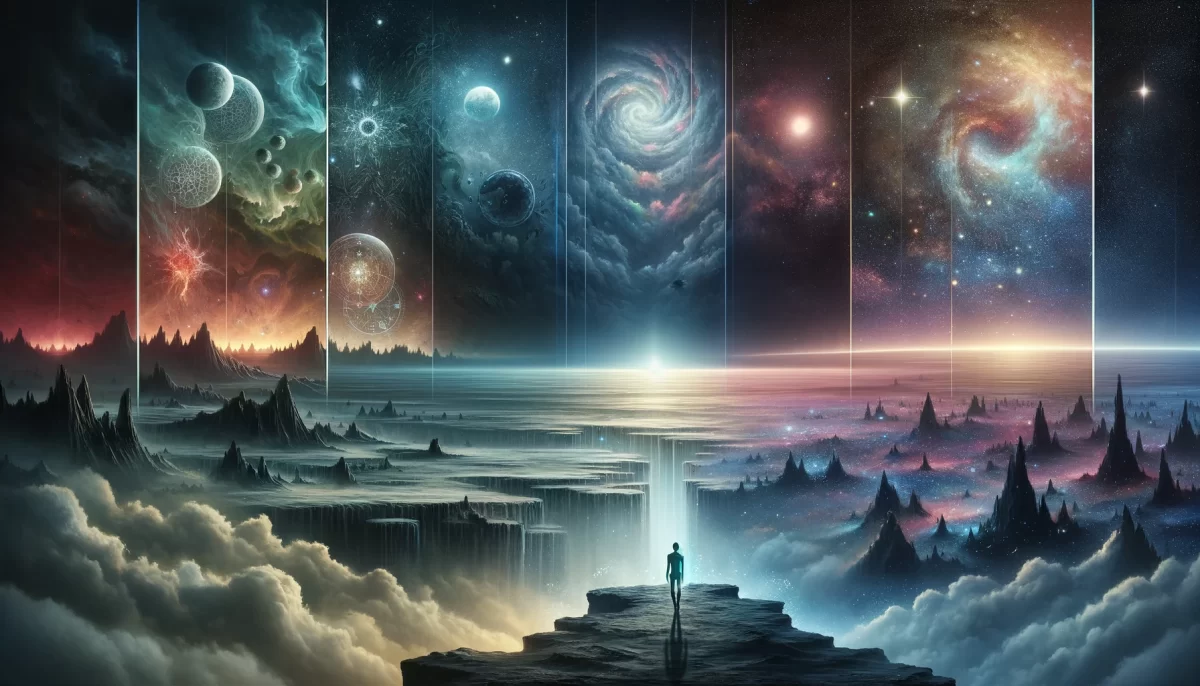

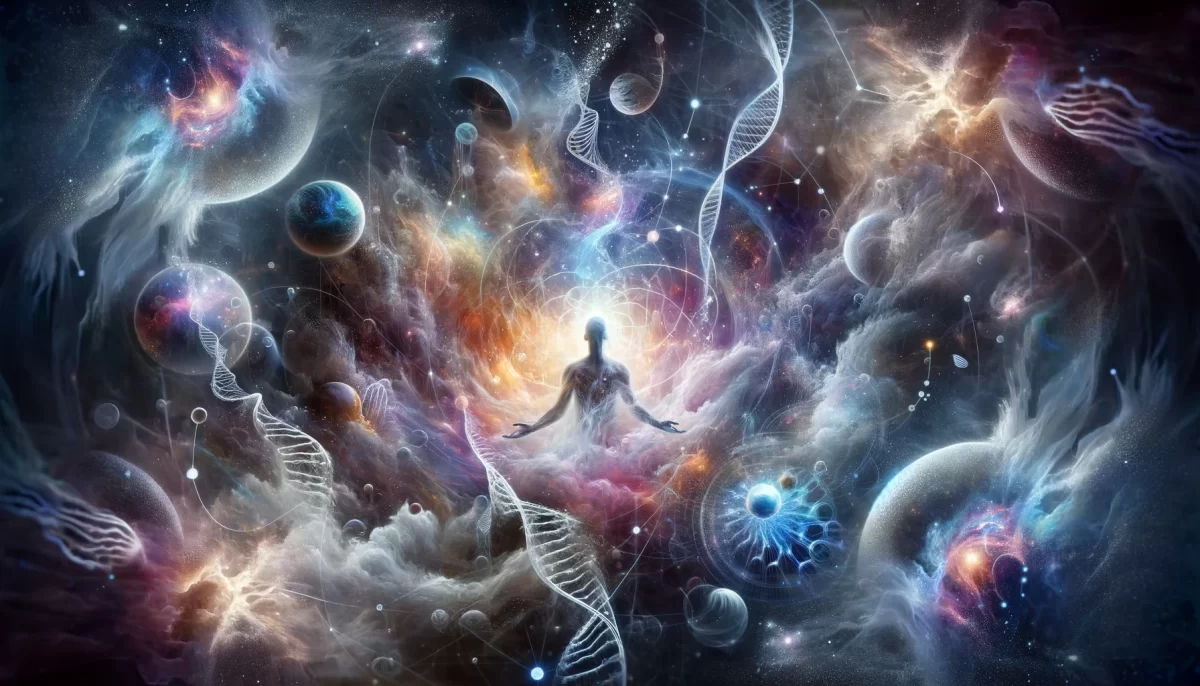
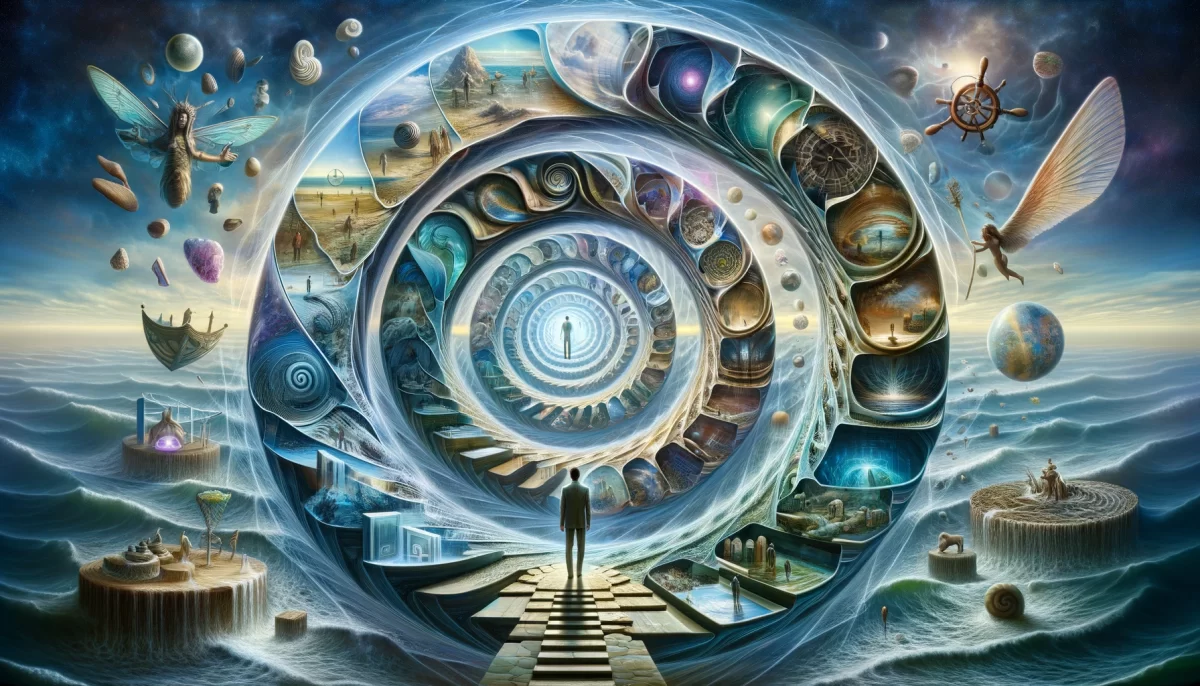
Leave a Reply